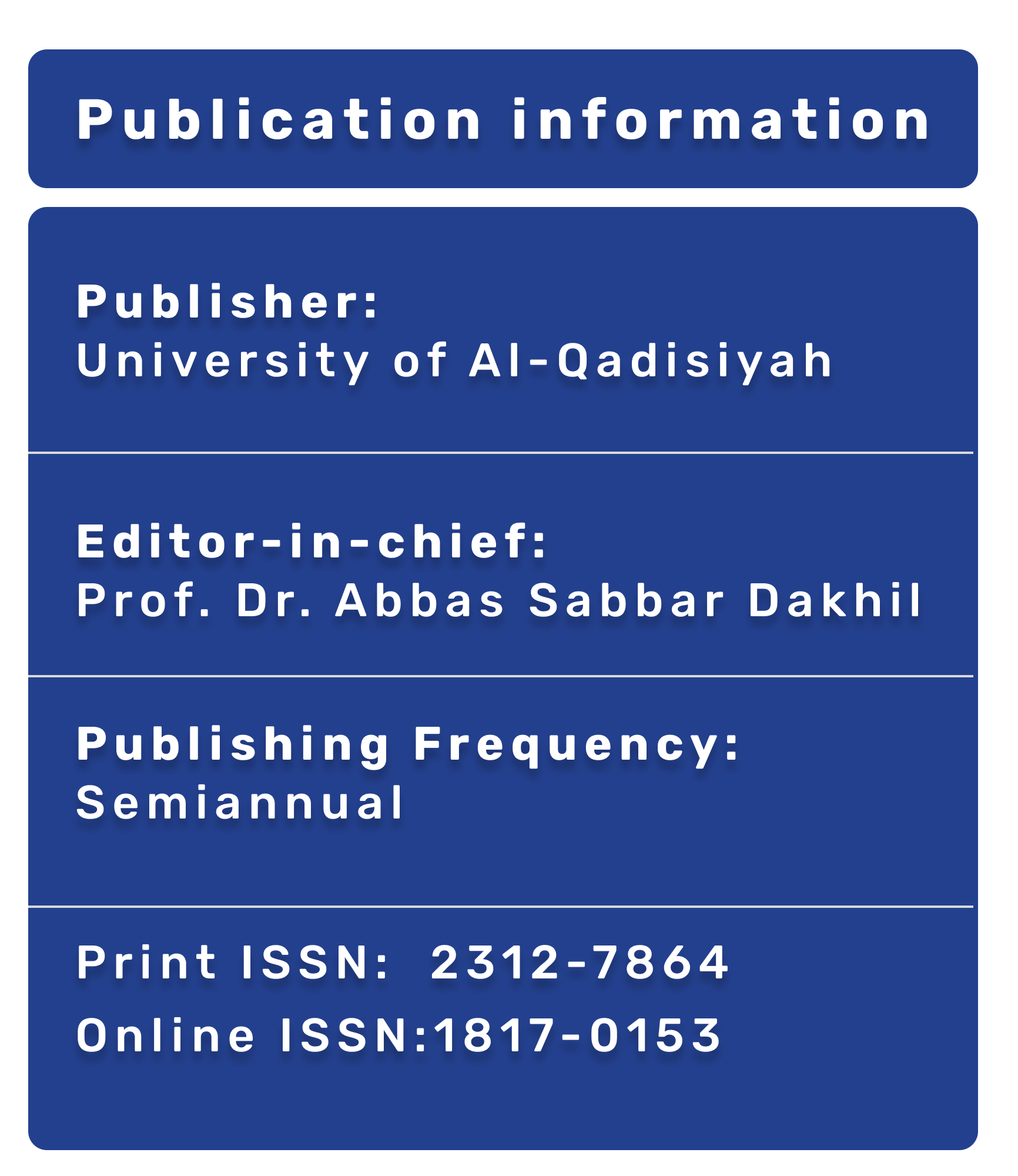Extended spectrum ß-lactamase (ESBL) mediated resistance to third generation cephalosporins in urinary tract infection isolates of Klebseilla pneumonia
DOI:
https://doi.org/10.28922/qmj.2010.6.9.142-158Abstract
Objective: To examine the dissemination of extended spectrum ßlactamase (ESBL) producing isolates of Klebseilla pneumoniae obtained from patients with significant bacteriuria.Methods: ESBL and multiantibiotic resistance were studied in a total of 25 isolates of K. pneumoniae.
Results: all isolates found resistance to at least five of the antibiotics used in this study. All the isolates were found sensitive to the antibiotic imipenem. 5 (22.7%) of these isolates were ESBL producing. The ESBL producing isolates were more resistant to antibiotics than non-ESBL isolates. The ESBL activity could be experimentally transferred to recipient Escherichia coli MM294.
Conclusions: present study has found the occurrence of ESBL producing K. pneumoniae isolates in Najaf hospitals. Test for the detection of ESBL producing bacterial isolates should be carried out in all diagnostic laboratories routinely and the therapeutic use of all the third generation cephalosporins should be avoided against bacterial isolates that appear resistant to any third generation antibiotic.








